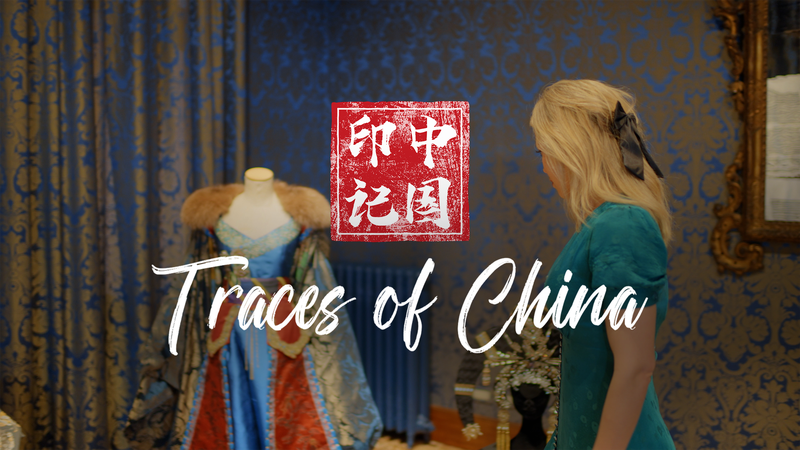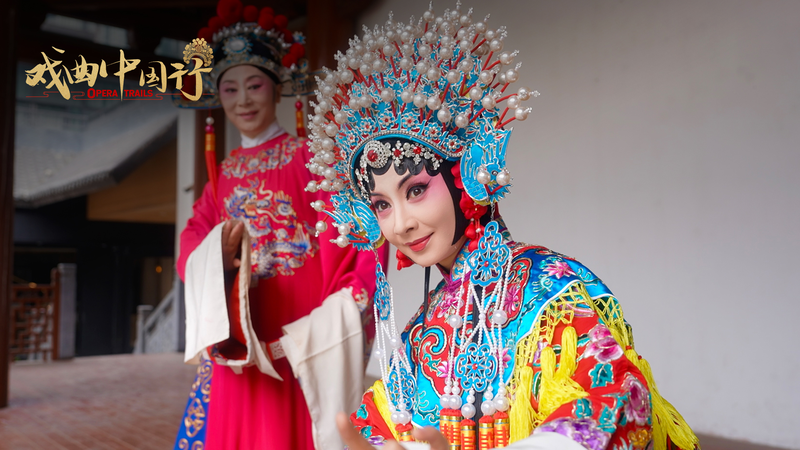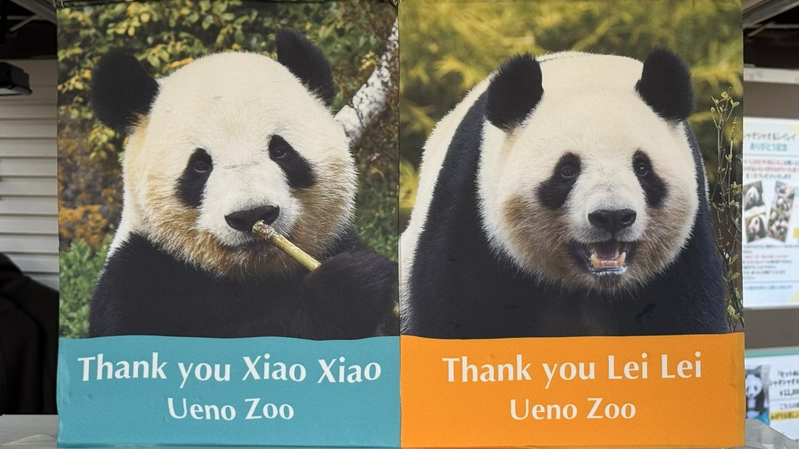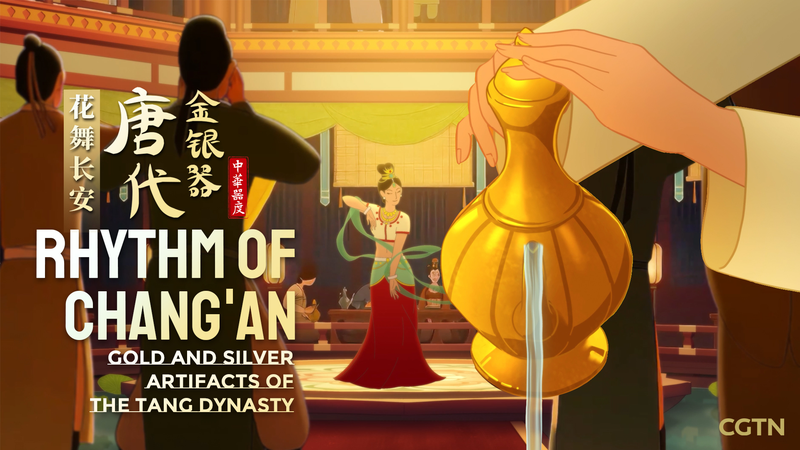Hey trendsetters! Ever wondered how a simple thread became a game-changer for Europe? 🤔 Let’s rewind to ancient times when silk from the Chinese mainland glided along the Silk Road, landing in the canal-filled streets of Venice. 🌏🚢
By the 12th century, Italian city-states like Venice, Lucca, and Florence had cracked the code of sericulture—the fancy word for farming silkworms. This secret sparked a boom in handcrafted textiles that dazzled the aristocrats: imagine fabrics so luxe that a few garments could buy you a palace! 🏰✨
Fast forward to today: at historic spots like Luigi Bevilacqua’s workshop, you can still see traditional looms—some based on Leonardo da Vinci’s designs—whipping up velvets and silks that look like they jumped off a royal runway. 🎨🎥 The Rubelli family vaults hold centuries of patterns, while modern labs such as CREA-AA are experimenting with silk in wearable tech and eco-friendly fashion. 🌱💡
Here’s why silk matters beyond the glitz:
- Cross-Cultural Vibes: Silk threads wove together Eastern and Western art, inspiring everything from Gothic tapestries to Bollywood drapes. 🎭👗
- Sustainable Swag: Natural, biodegradable, and durable—silk ticks a lot of boxes for eco-conscious creators. 🌿♻️
- Innovation Boost: Today’s designers blend traditional fibers with new tech for smart textiles that can glow, cool you down, or even track your health stats. 📱✨
At Iuav University in Venice, young creatives (yes, Gen Z!) are remixing these ancient vibes for modern crowds, proving that silk’s sparkle never fades. From runway shows in Mumbai to pop-up stalls in Bangkok, this storied fabric is still the ultimate symbol of style and connection. 🌟🛍️
So, next time you slip into a silky outfit, remember you’re rocking a piece of history that traveled thousands of miles to wrap you in glamour. 🧵❤️
Reference(s):
cgtn.com




